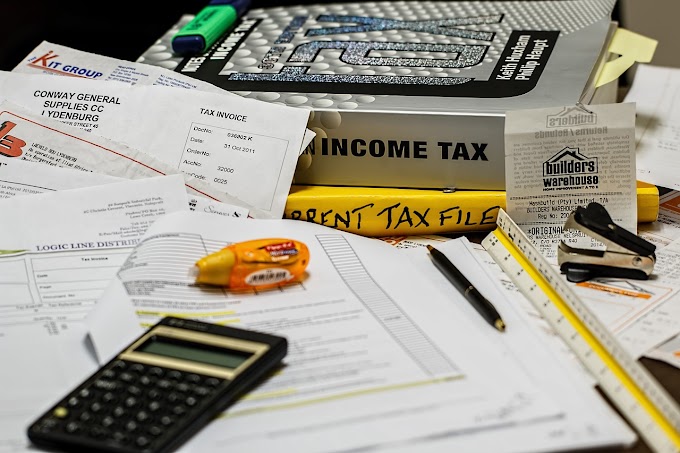Tax season can be stressful enough without the extra burden of processing delays. But don't worry, taxpayers!
While the IRS is experiencing longer-than-usual processing times in 2025, recognizing the reasons and navigating the issue can help you reduce the wait time and obtain your refund more efficiently.
Understanding Reasons
Several causes are causing the 2025 processing delays:Backlog of past years: The pandemic and staffing difficulties created a backlog of unprocessed returns that is still being cleared.
Returns have become more complex as more taxpayers claim new credits and deductions, necessitating greater verification and processing time.
Cybersecurity measures: Increased security measures introduced by the IRS may cause delays in some circumstances.
Paper return processing: Paper returns typically take longer to process than electronic returns.
Minimizing Your Wait:
Here are some strategies to reduce your odds of encountering a delay:
File electronically and select direct deposit: This is the quickest and most secure method of receiving your refund.
Double-check your return to ensure accuracy: Errors and missing information can cause delays in verification.
Avoid submitting modified returns. To save additional processing time, wait until next year to revise your return.
File early. Submitting your return early allows the IRS more time to process it prior to the peak season rush.
Track Your Refund
The IRS "Where's My Refund?" service is the easiest way to keep track of your return status. You can view it at any time using your Social Security number, filing status, and refund amount via the mobile app or online.What to Do If Your Refund Is Delayed?
If your refund is delayed beyond the customary timeframe (21 days for e-filed returns with direct deposit, 6 weeks for paper returns), you can take the following steps:Wait patiently. The typical period is only an estimate; your refund may arrive later, but within reason.
Check your "Where's My Refund?" status on a frequent basis. If prompted, update information and address any detected issues.
Contact the IRS only if required. Avoid overloading the already taxed system unless you have.
FAQs
1. How long will my reimbursement be delayed?
Unfortunately, there is no universally applicable response. The timing is influenced by factors such as the intricacy of your return and the filing method used.
2. Can I have my refund expedited?
Not usually. The IRS prioritizes return processing based on particular criteria, and most filers cannot request expedited processing.
3. Should I be concerned about the delay?
3. Should I be concerned about the delay?
Not necessarily. Most delays are resolved in a reasonable time frame. However, if you are worried, contact the IRS for personalized assistance.
4. How do I minimize future delays?
4. How do I minimize future delays?
Filing electronically early, ensuring correctness, and avoiding amended returns if possible.
5. What resources are accessible to me?
5. What resources are accessible to me?
The IRS website provides a wealth of information, including the "Where's My Refund?" feature, frequently asked questions, and phone/chat support.








